Date: 17 March 2007
Stoneglass Building Products Ltd. will receive incubation services and support from the Imperial Innovations Recycling Commercialisation Centre, a facility funded by WRAP to bring new recycling products and technologies to market. It is the second company to receive support via this route, and was chosen on the basis that it has the potential to reduce waste to landfill and make a significant impact on glass recycling.
"Stoneglass’ technology enables very large tonnages of post consumer glass to replace virgin raw materials in the manufacture of cost competitive, high quality, building products. We are delighted to have the support of the Recycling Commercialisation Centre and we look forward to working with them to bring the advantages of our technology to the volume building products market," said Michael Anderson MD of Stoneglass Building.
Read the entire news on the source link below.

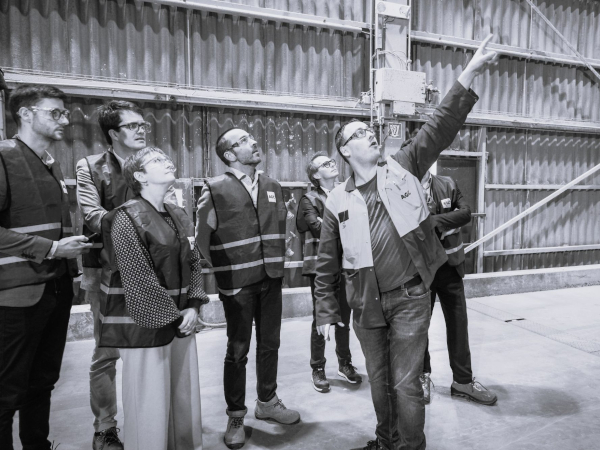
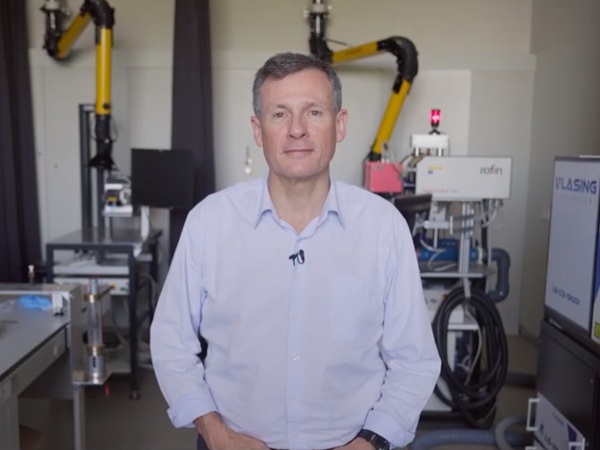
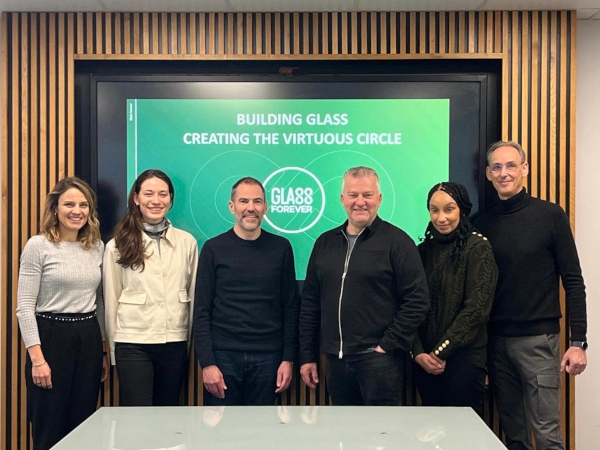
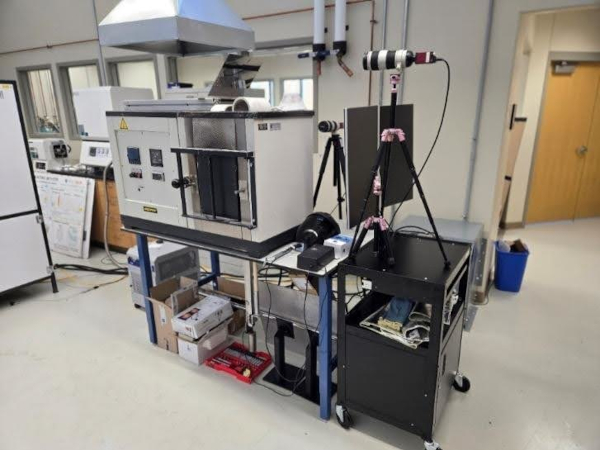
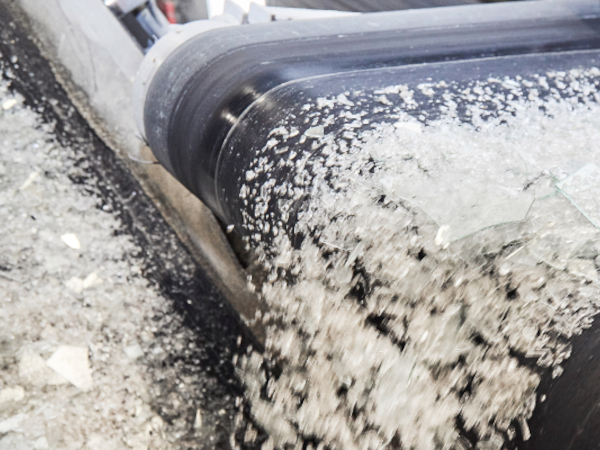

Add new comment